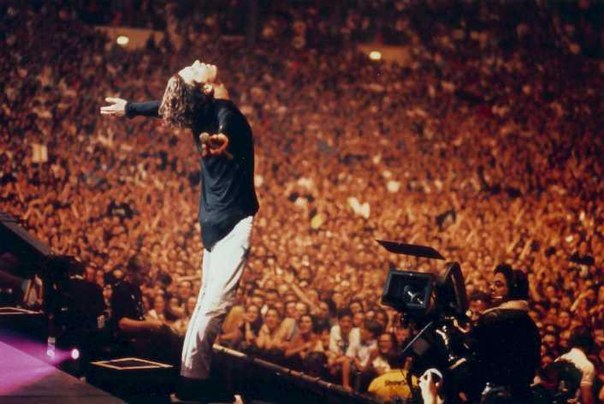Today I come to solve this question that so many people ask themselves. It seems that we all have a dream and a job, and the job represents real life and the dream the unattainable. This is the case of teachers, surgeons, nurses, dentists, lawyers… who, pressured by family, society or insecurities put aside their dream of being artists.
But is the musician’s job really a precarious one?
The music labor market
As in most of such straightforward questions, the answer is not yes or no. The only thing I can assure you is that music is an extremely versatile job and its job market is one of the most permeable and accessible -by far- in comparison with those of other professions.

Dance bands and orchestras, tributes, charangas, duos, music for weddings, caterings, company dinners, hotels… it is a market so tremendously vast and with such a level of demand that having an average level of musical knowledge you can access so many groups and types of work that you would have a hard time selecting opportunities. Jobs in music are easy to find, permeable and open.
Also, as soon as you join a group, all your colleagues are job possibilities in other groups or projects, so you can accumulate a lot of job possibilities.
Salary in b? How much do you earn?
You may have heard this at some time: musicians are paid in black money, and it is totally true: there are groups in which they are paid in “b”. In this sense it is your choice to look for companies that work with 100% legal payments, which exist and are looking for personnel as well.

In live music you usually work as an employee. Depending on what kind of group you join, you can earn much more than in real short and precarious junk contracts such as those of the ETT. The contracts in the different groups usually last one year with the possibility of extending it indefinitely in each tour, so the stability is much greater.
Otherwise, the work of a musician is like that of a worker in any company, but it is more focused on the creative field than on productivity. As for the possibilities of having a certain financial freedom being a musician, companies usually contain several groups, and if you are lucky enough to have access to a popular or highly demanded group, you will earn a higher salary than if you were in a more humble one.

If you want figures, an example I could give you is that of the “verbena” orchestras: in big orchestras you can earn up to 100,000 euros per year, but of course, here we would be talking about the two or three biggest ones -in this case- in Spain. The normal for large orchestras at local level is to generate 15,000 to 20,000 a year, which is not bad at all. In the case of medium-sized orchestras this would be reduced to 5,000-10,000, and in the case of small orchestras, from 2,000 to 5,000. In the latter two cases it is advisable to be in more than one group simultaneously (or to give music classes in an academy, for example): having fewer concerts means you have time to be in several projects.
Beyond live music
You can also work in a studio, although this type of work is more technical and is charged per session. The amounts here are also quite interesting, although usually you set your own price per session. The most commonly found rate for these services is from 200 to 400 per session (rehearsing a few hours at home and spending a single afternoon recording in a studio would generate this kind of amount, which is quite acceptable).

What if I want to be the protagonist?
I’m so glad you asked me this question. You see, there are many good things about being a musician. But in this job the best thing is undoubtedly to self-manage your own project. For example, I have mine as a music producer and I’ve managed to live as a composer for almost 5 years in which I’ve worked for artists and independent labels.
One of the biggest advantages of managing your own project is that by not being the employee of a company but the company itself, here there is no ceiling, that is, you can generate all the income you are able to generate thanks to your talent, effort and agility with marketing, so that your good taste and your self-demand will be the ones who lead the baton.
That said, you need to know that this type of work demands versatility on the part of the artist, so you have to be putting out music in the studio and then have material to show on your own tours. This is the point where you live the music with more intensity; you compose each song in the studio and then you can share it with people who come to you to get that dose of emotion they need.
It is important that if you choose this option – or, even better, combine it with others so that you can generate savings (your own projects are medium to long term investments) – you look for a versatile producer who can understand your idea about music and the artistic line you are going to carry out in your musical works. And of course, if this is your case, I recommend you to take a look at my productions for singers and independent artists, it is possible that we can build something great together!





